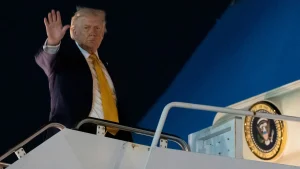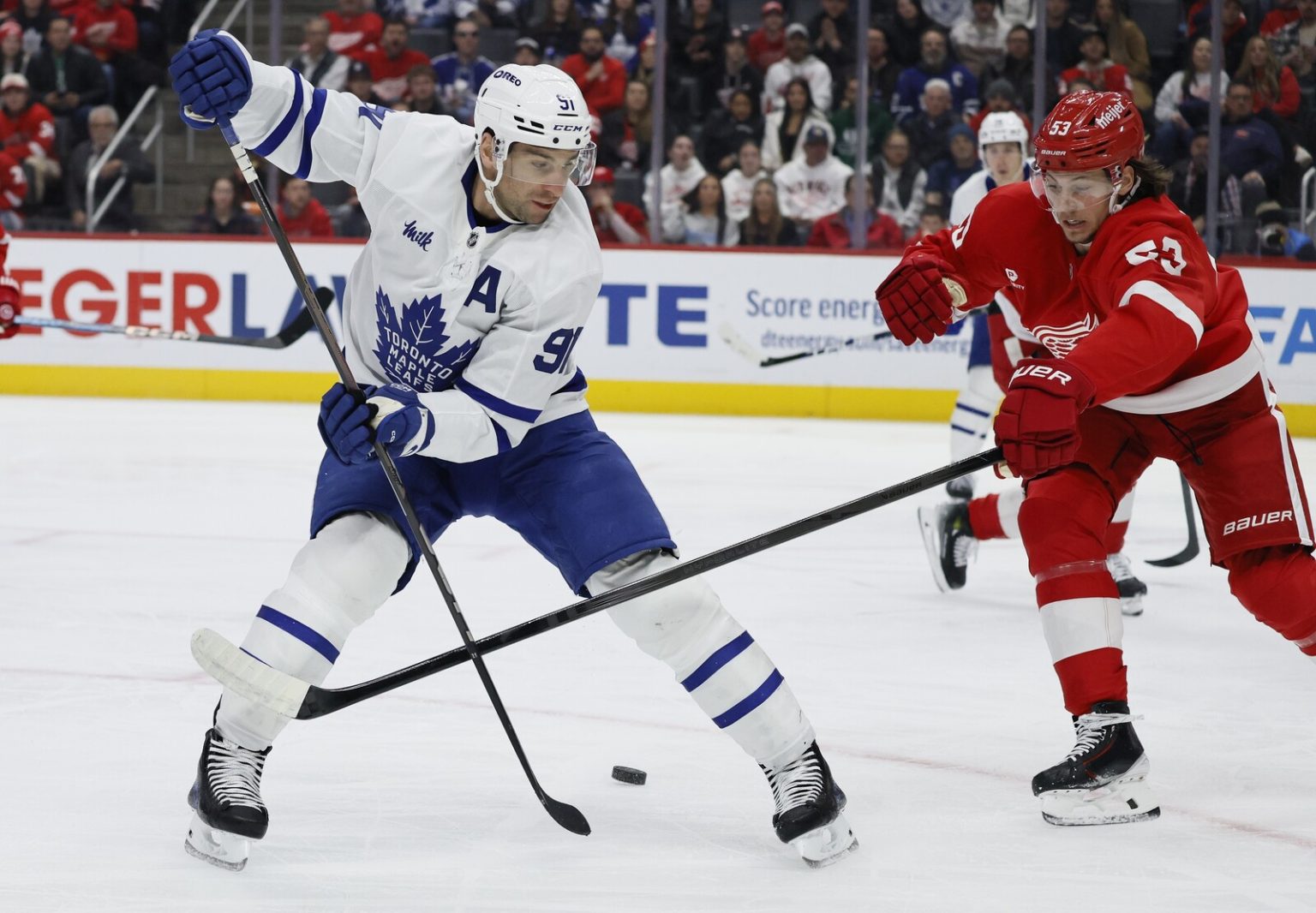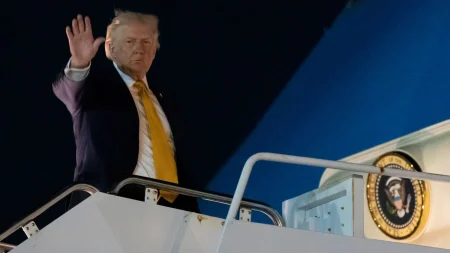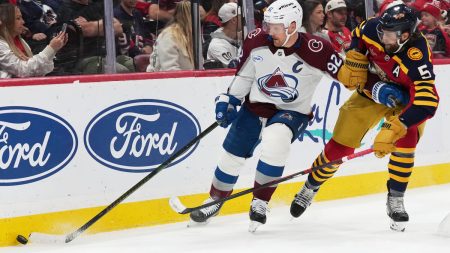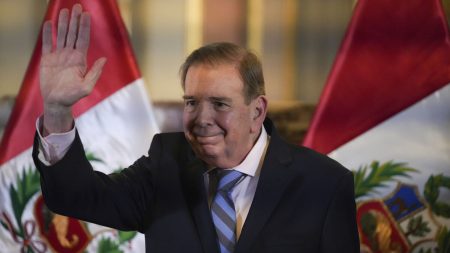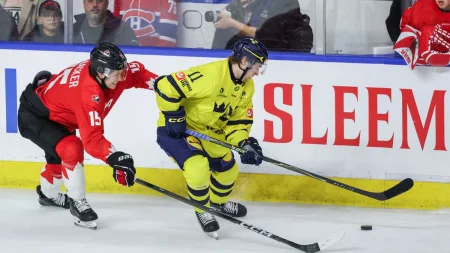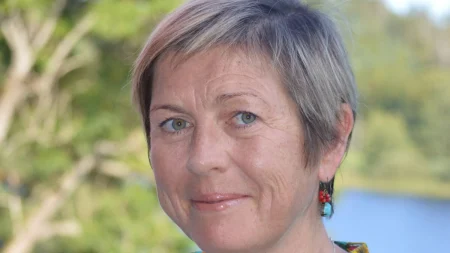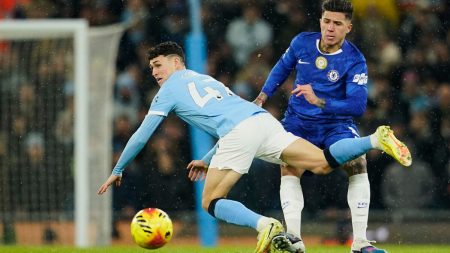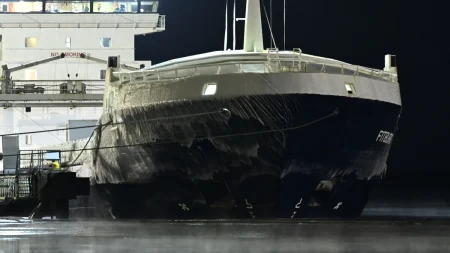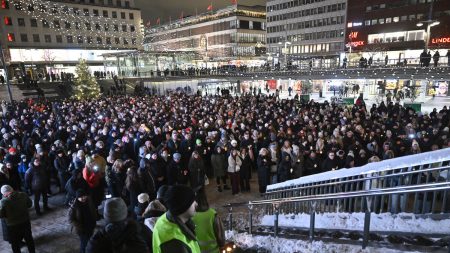The Detroit Red Wings’ mid-season coaching change from Jeff Blashill to Derek Lalonde in the summer of 2022, while generating initial optimism, ultimately failed to yield the desired on-ice improvements in the 2022-23 season. While Lalonde brought a fresh perspective and a more analytically driven approach, the team’s underlying issues, primarily a lack of high-end talent and defensive deficiencies, persisted, preventing significant progress. The Red Wings finished the season with a 35-37-10 record, missing the playoffs for the seventh consecutive season. This lack of progress underscores the complexity of rebuilding in the NHL and highlights the limitations of a coaching change in the absence of substantial roster upgrades. It also reinforces the notion that a systemic overhaul, rather than a simple change at the helm, is often necessary for true transformation.
Lalonde’s arrival heralded a shift in coaching philosophy, moving away from Blashill’s more traditional, defensively-minded system towards a more modern, possession-based game. This involved an emphasis on controlled zone exits, quicker transitions, and an increased focus on generating offense from the blue line. However, the Red Wings’ roster, lacking the requisite skill and speed to effectively execute this system, struggled to adapt. Defensive lapses continued to plague the team, and while offensive production saw a slight uptick, it wasn’t enough to compensate for the goals conceded. The team’s struggles were further compounded by injuries to key players throughout the season, disrupting any semblance of consistency and hindering the development of team chemistry.
Despite the disappointing results, there were some glimmers of hope and signs of progress under Lalonde. The team demonstrated improved puck possession metrics and generated more scoring chances than in previous seasons. Younger players, such as Moritz Seider and Lucas Raymond, continued to develop and show flashes of their potential, suggesting a brighter future for the franchise. Lalonde also fostered a more positive and collaborative atmosphere within the locker room, instilling a sense of belief and purpose that had been lacking in recent years. However, these positive developments were ultimately overshadowed by the team’s continued inability to translate improved underlying metrics into wins.
The Red Wings’ struggles in 2022-23 highlight the limitations of a coaching change as a panacea for deep-rooted organizational issues. While a new coach can bring fresh ideas and a different approach, they are ultimately constrained by the talent at their disposal. In Detroit’s case, the lack of elite-level talent, particularly on the defensive side, proved to be a significant impediment to progress. The team’s inability to consistently defend against top-tier competition and generate enough high-danger scoring chances ultimately undermined any tactical adjustments implemented by Lalonde. This underscores the importance of a comprehensive rebuilding strategy that prioritizes acquiring and developing high-end talent through the draft, trades, and free agency.
Moving forward, the Red Wings face a critical offseason in which they must address their roster deficiencies if they hope to contend for a playoff spot in the near future. General Manager Steve Yzerman has been steadfast in his commitment to a patient, long-term rebuild, prioritizing the development of young players and the accumulation of draft capital. However, the team’s continued struggles suggest that a more aggressive approach may be necessary. Investing in proven veterans, particularly on the blue line, could provide the necessary stability and experience to complement the developing young core. Additionally, exploring trade options for underperforming players and actively pursuing free agents could accelerate the rebuilding process and inject much-needed talent into the lineup.
Ultimately, the Red Wings’ 2022-23 season serves as a cautionary tale about the limitations of coaching changes in the absence of significant roster improvements. While Lalonde’s arrival brought a renewed sense of optimism and some positive changes in the team’s playing style, the underlying issues of talent deficiency and defensive fragility remained unresolved. The Red Wings’ continued struggles underscore the importance of a comprehensive rebuilding strategy that prioritizes acquiring and developing high-end talent. The upcoming offseason presents a crucial opportunity for Yzerman and the Red Wings’ management to make the necessary roster upgrades and accelerate the team’s progress towards becoming a playoff contender. The question remains whether they will opt for patience or pursue a more aggressive approach to finally break their playoff drought.



